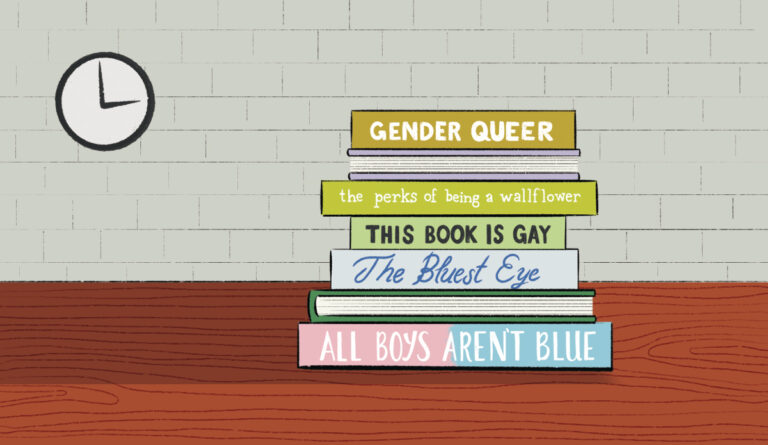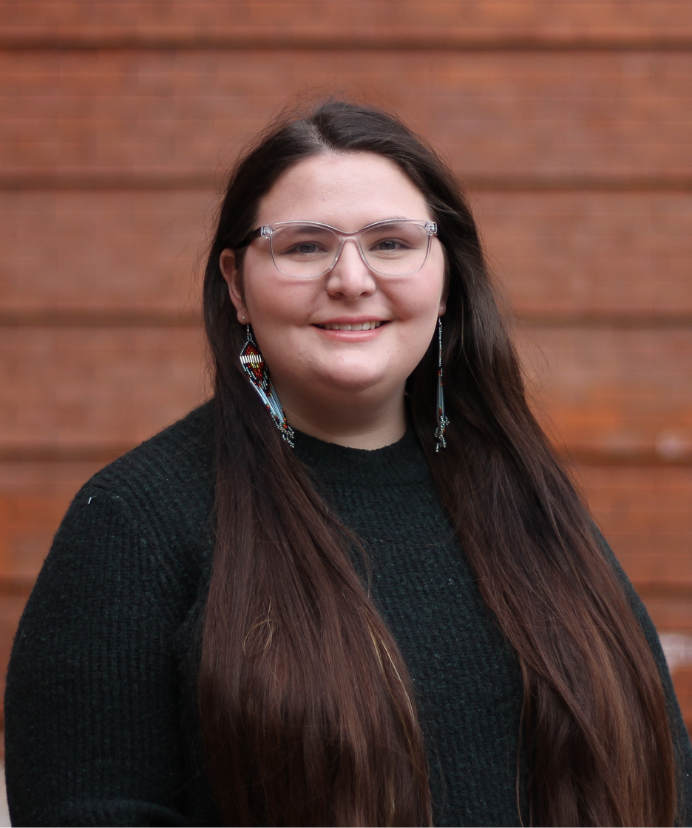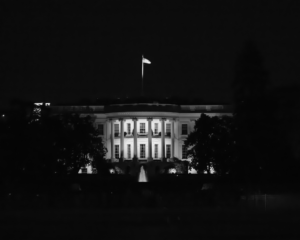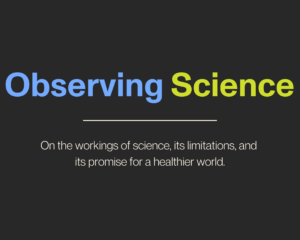Censorship In the Classroom: Book Bans and Challenges, Part 1
PHPod sat down with Christina Dobbs, an assistant professor at Boston University Wheelock College of Education and Human Development, to discuss the current onslaught of book bans and challenges in classrooms across the country.

Read Time: 2 minutes
Published:
PHPod sits down with Christina Dobbs, an assistant professor at Boston University Wheelock College of Education and Human Development and the director of the college’s English Education for Equity and Justice program, to discuss the current onslaught of book challenges and bans in classrooms across the country and the actions being taken to support teachers and students during this time.
According to the American Library Association, 2022 saw the highest number of demands to censor or remove books and resources from public schools and libraries in over 20 years. Between January 1 and August 31, 2023, there was a 20% increase in book bans and challenges compared 2022. Most of the titles being challenged are books written by or about a person of color or a member of the LGBTQIA+ community.
There have been increases in anti-LGBTQIA+ policies, especially in states such as Texas and Florida. This shift in legislative efforts and the increasing attacks against materials representing stories of LGBTQIA+ identities has made navigating reality much more complex for LGBTQIA+ individuals.
In this month’s episode of PHPod, host Kara Schmidt sits down Christina Dobbs, a professor at Boston University Wheelock College of Education and Human Development, to discuss actions being taken to support teachers and students during this time of increasing book challenges and bans within the classroom. They also discuss Dobbs’ work on the Standing Committee Against Censorship of the National Council of Teachers of English (NCTE) and her contributions to This Story Matters, an information database created by NCTE that gives teachers justifications for teaching hundreds of controversial titles.
This is the first episode of a two-part series on book bans and censorship in the classroom.



